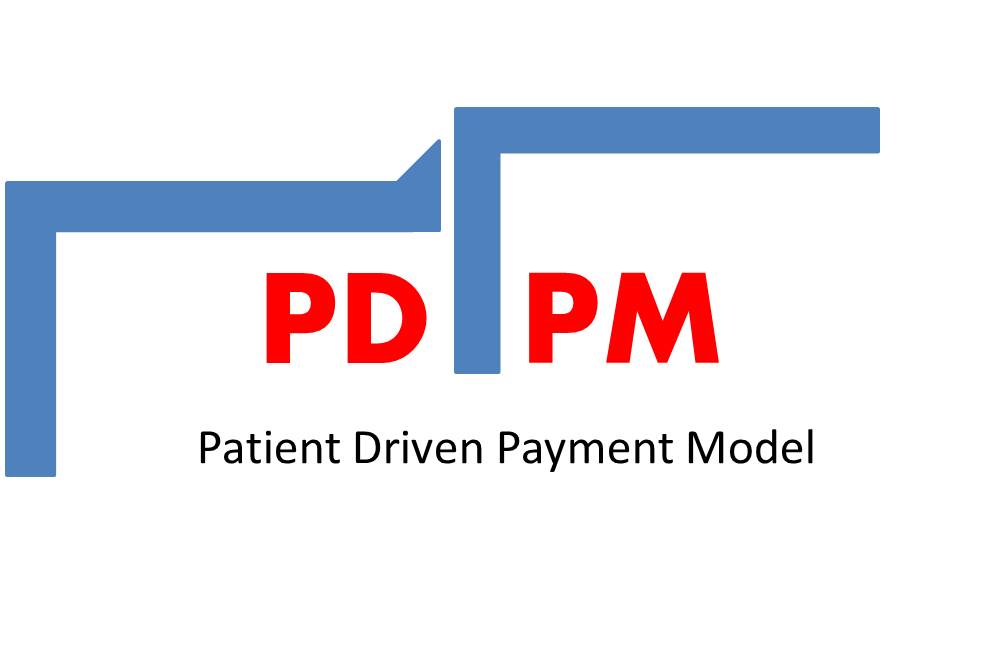By Lori O’Hara, MA, CCC-SLP, Therapy Resource – ADR/Appeals/Clinical Review
CMS thinks that speech therapy is so special that it gave speech five different considerations for the payment category. Thanks, CMS!
So here are a few tips for being an SLP CMI Ninja Warrior:
- If you have a patient with concomitant ortho and CVA diagnoses driving their stay, you will generally select the ortho condition for the principle medical condition. But then you should always get an SLP co-morbidity because Active Dx: CVA/TIA (item I4500) would be checked on the MDS. There might be additional co-morbidity diagnoses coded from the SLP treatment conditions, but you only need one to count!
- While we no longer require the inclusion of an ICD-10 medical diagnosis on our therapy POC/UPOCs, the treatment plan still needs to make sense. That means that a patient who needs treatment for a cognitive impairment without a clear medical condition that causes cognitive impairments will necessitate conversations with the attending medical team. A hip fracture still doesn’t cause a cognitive decline.
- When your SLP (or OT, too!) are treating cognition and are going to perform the BIMs, it’s a good idea to do this before the patient’s cognition function is changed by treatment. The recommendation is that the BIMS is done the day of or day before the ARD, but we are allowed to complete it anytime during the lookback. Special note: If the ARD is day 8, a BIMS completed on the day of admission cannot be counted in the MDS. Watch those lookback periods!
- It is best practice to have your SLP screen all patients admitted on an altered diet. First, if the patient has the potential to advance to normal foods, we should endeavor to make that happen. Second, an altered texture can mask the presence of swallowing problems — if the altered diet improves the function sufficiently, it can be difficult for a non-expert eye to see an underlying impairment. An SLP will often choose to intervene in that instance for the optimum health and safety of the patient, but even in those rare cases where SLP intervention isn’t indicated, the screening note can document the observed symptoms such that they can be properly included in the MDS.
- When an SLP is involved for swallowing, make sure they report diet changes to the IDT. Day 7 or 8 diet adjustments can sneak under the radar of even the most diligent MDS Coordinator, so make sure your SLP is making noise about those changes.

